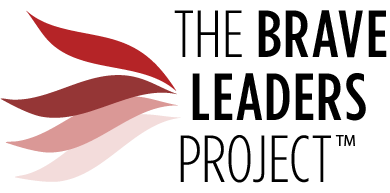Briefly Noted: An Inspirational Q&A with a Few Brave Leaders
Not all of the fifty-some brave leaders we interviewed for The Brave Leaders Project ended up in our book, simply because of space limitations. On our blog, you can find some of those full-length interviews, with people like Unilever’s former CEO Paul Polman, or doctor-turned-hospital-clown Wellington Nogueira.
In addition to those full-length interviews, we want to share with you some of the most important and inspiring insights from the remaining interviews we held. As with our previous blog post, we encourage you to savor these quotes: Take your time with each of them, let them sink in, and reflect on what they mean for you and how you can implement their lessons in your own life. Enjoy!
What advice do you have for anyone looking to make meaningful and lasting change?
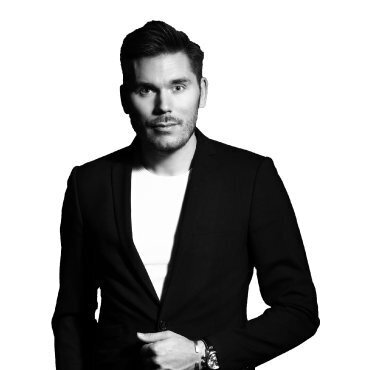
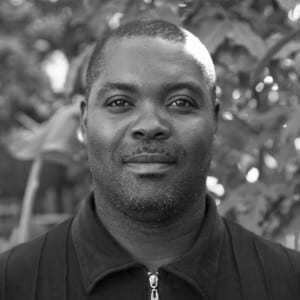
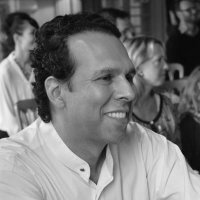
Where do you get your courage?
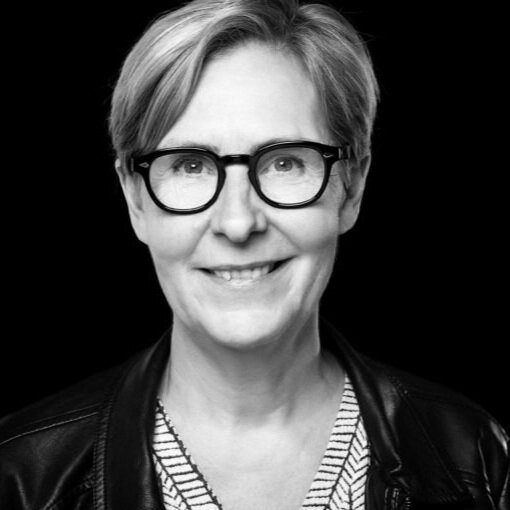
How do you develop courage in yourself or others?
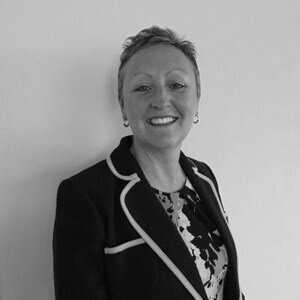
How do you define someone with courage; who is a brave leader?
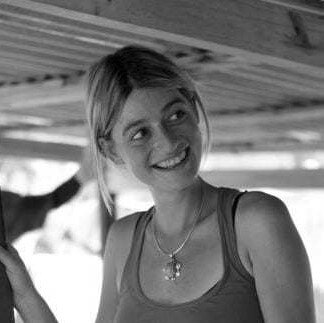
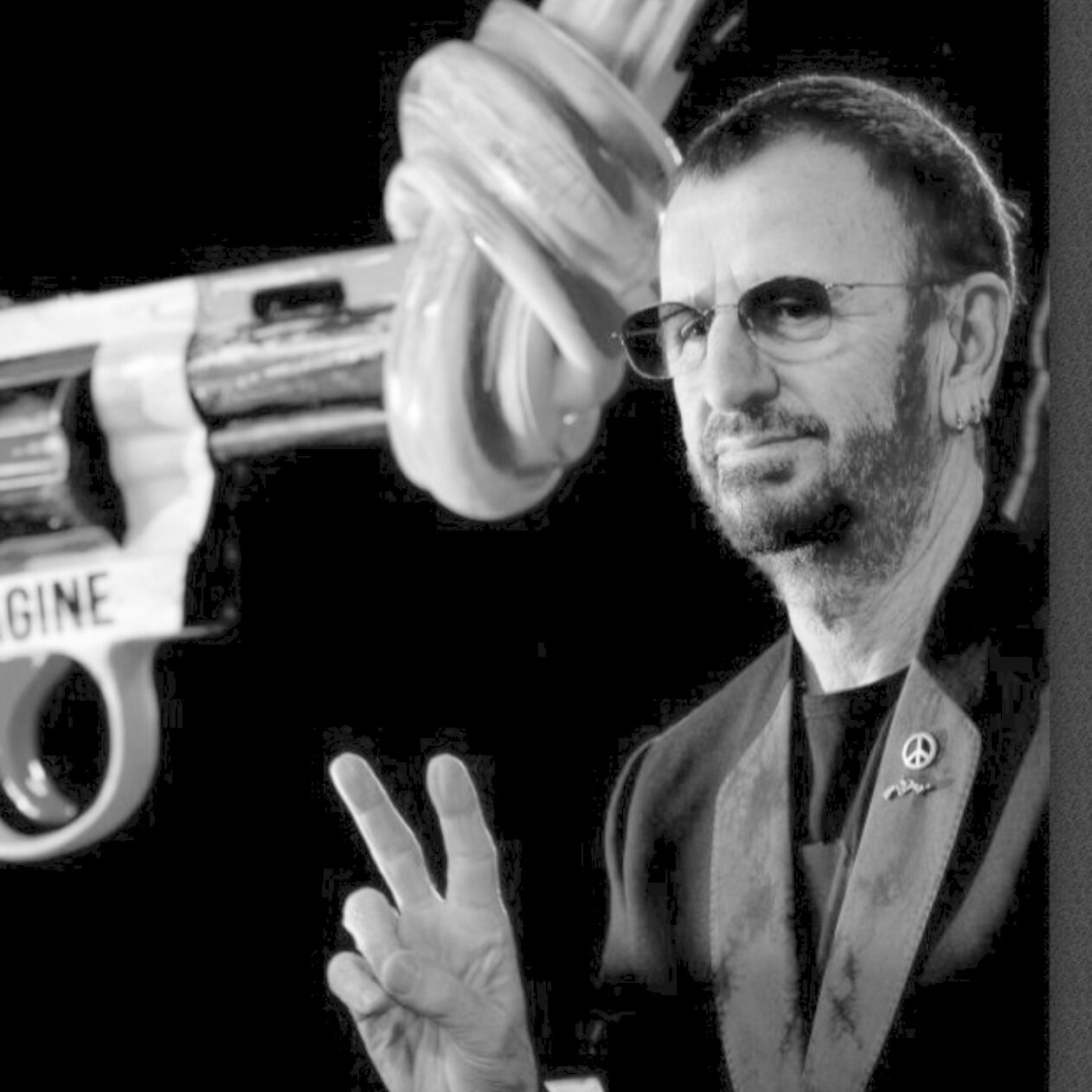


What is the future of brave leadership? Is the next generation more prepared to have the courage to change things?

Want to find out your own brave leadership potential?
Take our free three-minute Gut Check!
